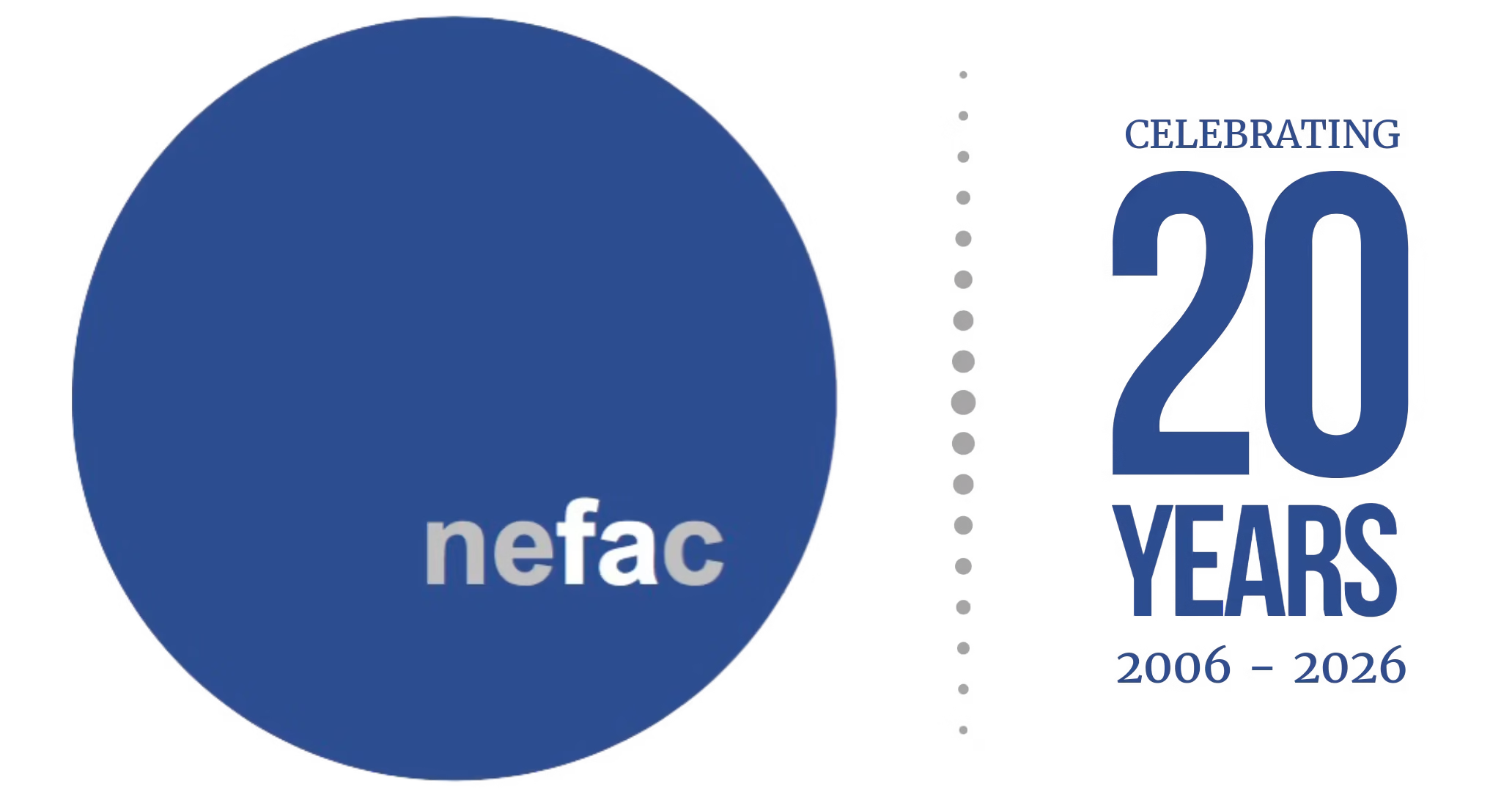By Tim White
 A new public-records decision by Attorney General Peter Neronha’s office highlights the constant tug of war the public faces in accessing information they have a right to see, while also sending a clear message to government agencies: it pays to be opaque.
A new public-records decision by Attorney General Peter Neronha’s office highlights the constant tug of war the public faces in accessing information they have a right to see, while also sending a clear message to government agencies: it pays to be opaque.
Last year my colleague Eli Sherman asked Gov. Daniel McKee’s office for background reports created by the Democratic Lieutenant Governors Association on the top three candidates to replace McKee as lieutenant governor. The governor’s office said no, claiming the dossiers weren’t government records but rather political documents and thus not subject to the state’s Access to Public Records Act (APRA).
The main problem with that argument, as Eli wrote in his formal complaint to the AG, was that the material had been circulated among top members of McKee’s official staff. A 14-page ruling penned by Special Assistant AG Katherine Connolly Sadeck agreed with Eli: the documents were, in fact, government records. Sadeck found that ‘the Governor’s Office violated the APRA by withholding the assessments based on its assertion that the assessments are not subject to the APRA.’ But as it turns out, that did not mean the dossiers would be released. Sadeck determined the records could still be withheld because their release would ‘constitute a clearly unwarranted invasion of personal privacy.’
It’s an odd determination considering the public has a significant interest in who serves them as state’s No. 2, and whether anything in their backgrounds should raise red flags. After all, it’s the voters that usually choose the lieutenant governor, after a thorough vetting on the campaign trail. As Sadeck noted in her decision, to overcome such privacy interests the person requesting the material ‘must show that the public interest sought to be advanced is a significant one.’ Respectfully, I would argue that standard was clearly met.
Yet even more frustrating than the ruling was the travel of the case: the AG’s decision came down one year, three months and eight days after the complaint was filed. Keep in mind, Eli was originally looking to write a fairly straightforward article examining the pros and cons of the candidates to be the new LG. Even if he had succeeded in convincing the AG that the records should see the light of day, the point was moot by the time a decision was reached.
I fear the ruling will only encourage government agencies to always say ‘no,’ because even if they lose, the issue will be so old by the time a decision is rendered that it will no longer matter. The system is broken. I can say with experience that journalists in Rhode Island are increasingly denied access to public records, and we are faring no better on appeal.
In my view, two things need to happen: APRA needs a robust overhaul to tilt the pendulum back toward the public — à la Florida’s sunshine law — and citizens themselves need to let their government officials know they aren’t happy with the status quo.
Tim White is an investigative reporter for WPRI in Providence and a member of NEFAC’s Board of Directors. This commentary was originally published by WPRI on Dec. 17, 2022.
